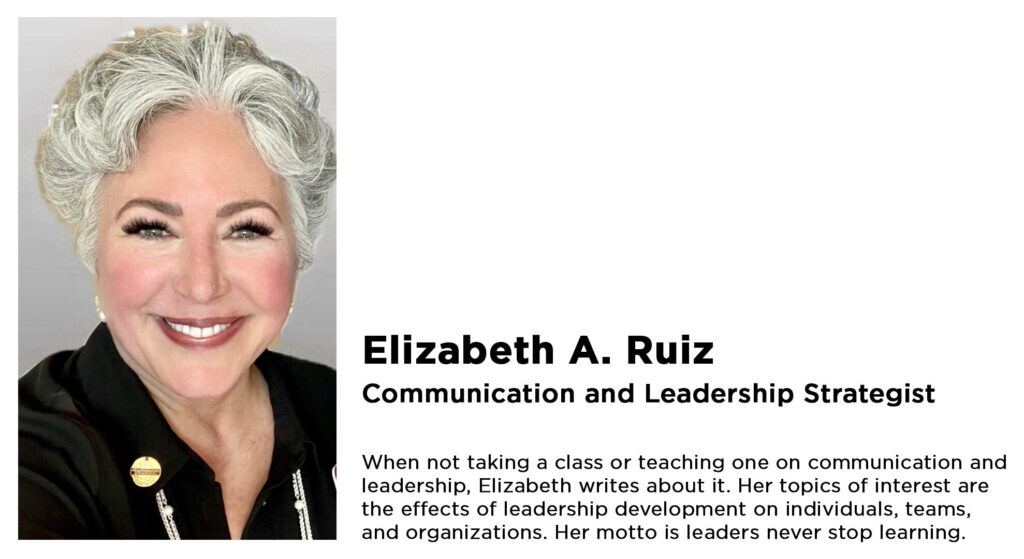Mastering the Job Hunt: 10 Essential Tips for Landing Your Dream Role
Searching for your dream job can be an exciting yet challenging journey. To help you stand out in today’s competitive job market, here are ten essential tips to guide you through the process and increase your chances of landing that perfect role.
1. Clarify Your Career Goals
Before diving into job applications, take the time to reflect on what you want in your next role. Consider factors like industry, company size, role responsibilities, and your values. Knowing what you’re looking for will save you time and energy, allowing you to focus on opportunities that align with your career aspirations.
2. Build a Strong Personal Brand
A solid personal brand helps recruiters understand your unique strengths and the value you bring. Update your social media profiles, especially LinkedIn, to reflect your expertise, experiences, and accomplishments. Share content, engage in discussions, and join groups related to your field to make yourself more visible and accessible to potential employers.
3. Create a Tailored Resume for Each Application
One of the most effective ways to stand out is to customize your resume for each job you apply for. Highlight relevant experience, skills, and achievements that align with the job description. Using targeted keywords from the job posting will also help your resume pass through Applicant Tracking Systems (ATS).
4. Craft a Compelling Cover Letter
A cover letter lets you connect with hiring managers personally and explain why you’re the right fit for the position. Avoid using generic templates; showcase your enthusiasm and briefly share a story demonstrating your skills or achievements. This extra effort can make a memorable impact.
5. Use Job Alerts to Stay Updated
Setting up job alerts on platforms like USJobLink, LinkedIn, Indeed, or Glassdoor can help you stay on top of new opportunities. By receiving real-time notifications, you can apply early, which increases your chances of being noticed by hiring managers.
6. Expand Your Professional Network
Networking is a powerful tool in the job search process. Connect with professionals in your industry, join relevant online groups, and attend local events or virtual meetups. Referrals and connections are often the key to getting your foot in the door, so don’t be afraid to reach out.
7. Master Virtual and In-Person Interviews
Interviews allow you to shine and show how you’re a perfect fit for the role. Practice common interview questions, learn about the company, and prepare thoughtful questions to ask the interviewer. Be prepared to adapt to different formats, whether a virtual video interview or an in-person meeting and ensure your environment and appearance are professional.
8. Research Companies and Cultures
Before applying, research the companies you’re interested in to understand their values, culture, and mission. This prepares you for a more engaging interview and helps determine if the organization aligns with your personal and professional values. Resources like Glassdoor and LinkedIn can provide insights into employee experiences and company culture.
9. Practice Follow-Up Etiquette
Following up after an interview or a vital networking interaction can help you stay top-of-mind. Send a thank-you email within 24 hours of the interview to express appreciation and reinforce your interest in the role. In cases where you don’t hear back, a polite follow-up after a week or two can keep you in consideration.
10. Stay Positive and Persistent
The job hunt can be a roller-coaster of emotions, with successes and setbacks. Stay positive and refine your strategies, whether expanding your search, revisiting your resume, or strengthening your interview skills. Persistence and a positive attitude go a long way in turning challenges into opportunities.
With these tips, you’ll be well on your way to mastering the job hunt and landing a role that matches your skills and experience and fuels your passion and career goals. Remember, the right job is out there—stay focused, stay resilient, and you’ll find it.

Elizabeth Ruiz: Strategic Communication and Leadership Expert
Elizabeth Ruiz is a seasoned strategic communication and leadership expert, passionately dedicated to exploring how ethical leadership, psychology, and communication drive organizational success. With a career rooted in applying advanced leadership theories, Elizabeth’s work in management consulting, strategic HR, and organizational effectiveness helps corporate, governmental, and nonprofit organizations transform their management practices. When she isn’t teaching or studying as a student, she writes extensively on topics such as strategy, management, and the psychology of effective leadership.
Elizabeth’s approach is defined by her unwavering belief that true leaders are lifelong learners. Connect with Elizabeth on LinkedIn.









